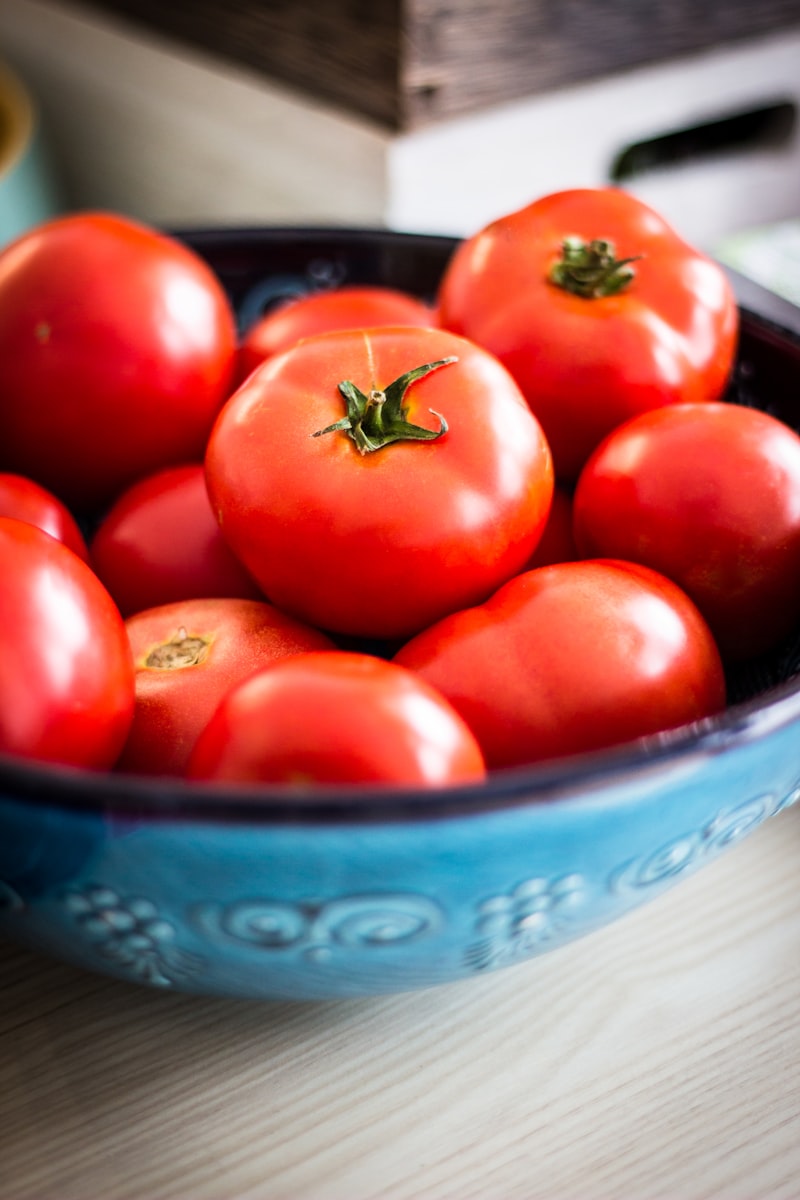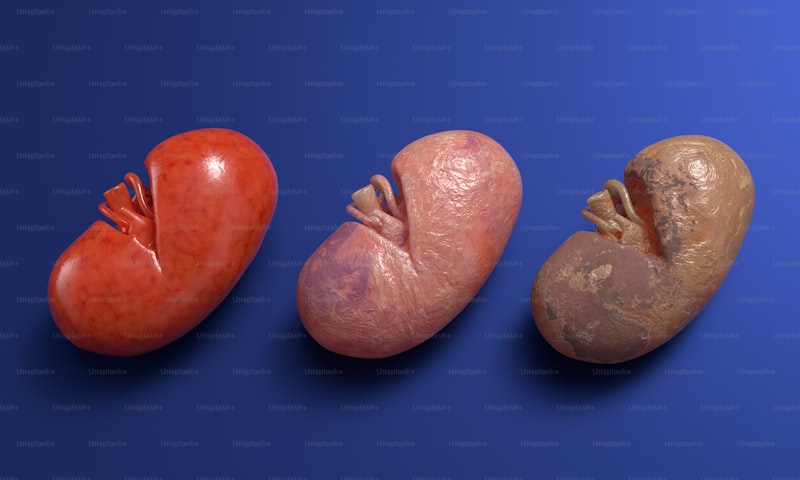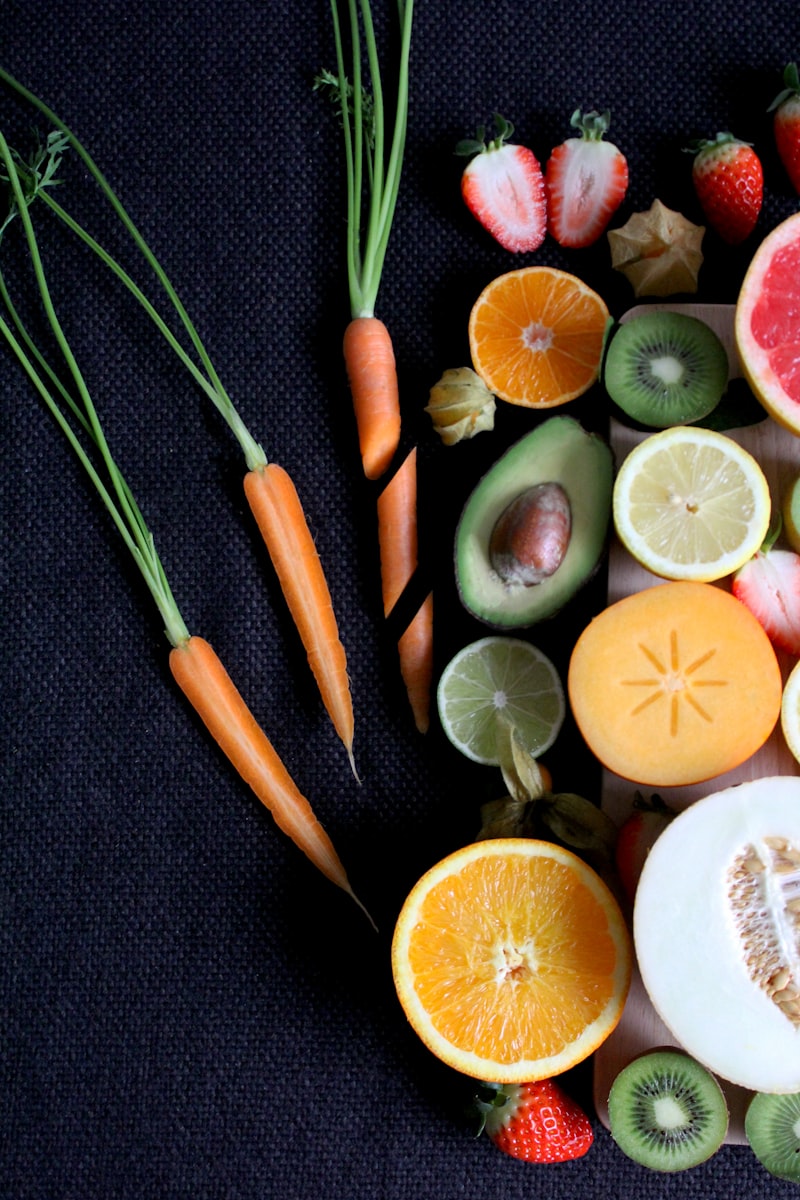-
Maintain a Balanced Diet: A diet rich in fruits, vegetables, lean proteins, and whole grains supports liver function. Avoiding excessive fats, sugars, and processed foods reduces the strain on your liver.

Stay Hydrated: Drinking plenty of water helps flush out toxins and supports liver function. It’s recommended to aim for at least 8 glasses of water a day.
-
Limit Alcohol: Excessive alcohol consumption can lead to liver damage. If you drink, do so in moderation. Women should stick to one drink per day, and men to two drinks per day.
-
Exercise Regularly: Engaging in regular physical activity not only helps control weight but also improves liver function. Aim for at least 30 minutes of moderate exercise most days of the week.
-
Avoid Toxins: Be mindful of exposure to environmental toxins and chemicals. Use protective gear if you work with chemicals and choose natural cleaning products at home.
-
Manage Medications: Certain medications, including over-the-counter drugs and supplements, can affect liver function. Always follow dosage instructions and consult with your healthcare provider.
-
Get Vaccinated: Vaccinations for hepatitis A and B can protect your liver from viral infections that can cause damage.
-
Maintain a Healthy Weight: Obesity can increase the risk of fatty liver disease and other liver complications. Aim to achieve and maintain a healthy weight through a balanced diet and regular exercise.
-
Practice Safe Sex: Hepatitis B and C can be transmitted sexually. Practice safe sex by using condoms to reduce your risk.
-
Get Regular Check-ups: Routine medical check-ups allow your healthcare provider to monitor your liver health and detect any issues early.
By incorporating these tips into your lifestyle, you can support your liver health and reduce the risk of liver disease. Remember, a healthy liver contributes to overall vitality and longevity.
Unlocking Vitality: Essential Tips for Maintaining a Healthy Liver
Your liver, the powerhouse organ in your body, plays a crucial role in keeping you healthy and vibrant. It not only filters toxins from your blood but also aids in digestion and regulates metabolism. To ensure your liver functions at its best, incorporating simple yet effective habits into your lifestyle can make a significant difference.
Hydration is key – keeping your body well-hydrated helps your liver flush out toxins more efficiently. Aim to drink plenty of water throughout the day to support this detoxification process.
A balanced diet rich in fruits, vegetables, and whole grains provides essential nutrients and antioxidants that promote liver health. Foods like broccoli, spinach, and berries are particularly beneficial due to their high antioxidant content.
Regular exercise is not only good for your overall health but also supports liver function. Physical activity helps reduce fat buildup in the liver and improves blood circulation, enhancing its ability to cleanse itself.
Avoiding excessive alcohol consumption is crucial as alcohol can damage liver cells and lead to conditions like fatty liver disease. Moderation is key if you choose to drink alcohol, and it’s advisable to consult with a healthcare professional about your limits.
Limiting processed foods, saturated fats, and sugars can also reduce the strain on your liver. Opt for lean proteins, healthy fats like those found in nuts and avocados, and complex carbohydrates instead.
Lastly, managing stress effectively is essential for liver health. Chronic stress can contribute to inflammation and liver damage over time. Practice relaxation techniques such as meditation, deep breathing, or yoga to help manage stress levels.
By incorporating these tips into your daily routine, you can support your liver’s vital functions and unlock a healthier, more vibrant life.
Guardian of Health: Simple Steps to Protect Your Liver
Your liver is like the guardian of your health, tirelessly working behind the scenes to keep your body in balance. Just like a vigilant sentinel, it performs vital functions that are essential for your well-being. But how can you ensure that your liver stays healthy and continues to protect you?
One of the simplest steps you can take is to watch what you eat. A diet rich in fruits, vegetables, and whole grains provides essential nutrients that support liver function. Avoiding excessive alcohol consumption is also crucial, as alcohol can damage liver cells over time. Think of your liver as a delicate instrument—treat it well, and it will serve you faithfully.
Regular exercise is another key to maintaining liver health. Physical activity helps reduce fat accumulation in the liver, lowering the risk of fatty liver disease—a condition that can lead to more severe liver problems if left unchecked. So, get moving and give your liver the workout it deserves!
Hydration is often underestimated but plays a significant role in liver function. Drinking an adequate amount of water helps flush toxins from your body and supports optimal liver performance. It’s like giving your liver a refreshing cleanse—simple yet effective.
Managing stress levels is also crucial for liver health. When you’re stressed, your body produces hormones and chemicals that can impair liver function over time. Finding healthy ways to relax and unwind, such as meditation or spending time in nature, can benefit both your mental well-being and your liver’s health.
Lastly, regular health check-ups are essential. Your doctor can monitor your liver function through blood tests and provide guidance on maintaining a healthy lifestyle. Remember, prevention is better than cure—taking proactive steps now can prevent serious liver problems in the future.

By following these simple yet powerful steps, you can be the guardian of your liver’s health. Treat it with care, and it will continue to protect you for years to come.
Liver Long and Prosper: Expert Advice for Optimal Liver Health
Your liver plays a pivotal role in your overall well-being, quietly performing over 500 essential functions in your body. From filtering toxins to aiding digestion and storing essential nutrients, its health is crucial. To ensure your liver thrives, adopting a few key habits can make a significant difference.

Firstly, hydration is key. Drinking an adequate amount of water helps your liver flush out toxins effectively, keeping it functioning optimally. Think of water as your liver’s best friend—it helps it perform its detoxifying duties without a hitch.
Secondly, maintaining a balanced diet rich in fruits, vegetables, and lean proteins is vital. These foods provide essential nutrients and antioxidants that support liver health. Avoiding excessive consumption of processed foods and saturated fats reduces the strain on your liver, allowing it to focus on its metabolic responsibilities.
Regular exercise isn’t just for your muscles—it benefits your liver too. Physical activity promotes better blood circulation, helping your liver cleanse itself more efficiently. Aim for a mix of cardio and strength training to keep both your body and liver in top shape.
Furthermore, watch your alcohol intake. Excessive alcohol consumption can lead to liver damage over time, so moderation is key. Your liver needs time to regenerate and heal, and minimizing alcohol helps it function optimally.
Lastly, consider incorporating liver-friendly supplements like milk thistle or turmeric into your routine. These supplements are known for their liver-supporting properties and can complement a healthy lifestyle.

Taking care of your liver isn’t just about avoiding harm—it’s about nurturing it with the right habits and nutrients. By adopting these practices, you can ensure your liver remains healthy and functions at its best, supporting your overall health and well-being.
Nourish Your Liver: Top 5 Foods for a Cleansing Diet
Your liver works tirelessly to detoxify your body, making it crucial to support its function with the right foods. Incorporating a cleansing diet can significantly boost liver health and overall well-being. Here are five powerhouse foods to include in your diet for optimal liver support:
-
Leafy Greens: Spinach, kale, and Swiss chard are packed with chlorophyll, which helps flush out toxins from the bloodstream. These greens are also rich in fiber, aiding digestion and reducing liver strain.
-
Turmeric: Known for its vibrant color and potent antioxidant properties, turmeric contains curcumin, which helps protect the liver from damage and supports its detoxification processes.
-
Cruciferous Vegetables: Broccoli, Brussels sprouts, and cauliflower contain compounds like glucosinolates that support liver enzyme production, assisting in detoxification and waste elimination.
-
Citrus Fruits: Lemons, oranges, and grapefruits are high in vitamin C and antioxidants, promoting the production of liver detoxification enzymes. Citrus fruits also aid digestion and help flush out toxins.
-
Walnuts: These nutrient-dense nuts are a rich source of omega-3 fatty acids and amino acids, supporting liver function and inflammation reduction. Walnuts also contain arginine, which aids in detoxifying ammonia.
Incorporating these foods into your diet not only supports liver health but also enhances overall vitality. Whether blended into a refreshing smoothie or added to a vibrant salad, these ingredients can make a significant difference in how your liver functions. By choosing whole, nutrient-dense foods, you’re not just eating; you’re nurturing your body’s most vital detox organ.
This article focuses on providing valuable information about foods that promote liver health, employing a conversational tone and engaging style to captivate the reader’s interest while maintaining SEO optimization.
Detox Essentials: Effective Strategies to Cleanse Your Liver Naturally
Detoxifying your liver is crucial for maintaining overall health and vitality. Your liver plays a central role in filtering toxins from your blood, aiding digestion, and metabolizing fats, among other functions. To support its natural detoxification processes, incorporating effective strategies can significantly benefit your liver health.
One of the fundamental steps in cleansing your liver naturally is hydration. Drinking an ample amount of water helps flush out toxins and supports optimal liver function. Additionally, consuming herbal teas such as dandelion or milk thistle can promote liver detoxification by boosting bile production and enhancing liver enzyme activity.
A diet rich in antioxidants and nutrients is essential for liver health. Foods like leafy greens, berries, and cruciferous vegetables provide vitamins, minerals, and phytonutrients that support detoxification pathways in the liver. Including sources of lean protein and healthy fats helps maintain liver function and repair damaged cells.
Regular exercise not only promotes overall well-being but also aids liver detoxification. Physical activity increases blood circulation, which helps the liver eliminate toxins more efficiently. Aim for a combination of aerobic exercises and strength training to maximize the benefits for your liver and overall health.
Limiting alcohol intake and avoiding processed foods high in sugars and trans fats are critical for liver detoxification. Alcohol and unhealthy fats can overwhelm the liver, impairing its ability to detoxify effectively. Instead, opt for whole foods and beverages that support liver health, such as green tea and fresh vegetable juices.
Incorporating these strategies into your lifestyle can help cleanse and rejuvenate your liver naturally. By supporting its detoxification processes through hydration, a nutrient-rich diet, regular exercise, and mindful consumption, you can enhance your overall well-being and vitality.
Beyond Diet: Lifestyle Habits That Support Liver Function
When it comes to supporting liver health, diet plays a crucial role, but it’s not the only factor. Incorporating certain lifestyle habits can significantly aid in maintaining optimal liver function. Let’s delve into some key practices that can make a notable difference.
Exercise isn’t just about keeping your body fit; it also benefits liver health. Physical activity helps in reducing liver fat, inflammation, and oxidative stress. Aim for a combination of aerobic exercises like jogging or swimming and strength training to keep your liver in top shape.
Water is essential for flushing out toxins from the body, including those processed by the liver. Staying hydrated supports liver function by ensuring optimal blood flow and nutrient transport. Make it a habit to drink plenty of water throughout the day to support overall liver health.
Quality sleep is crucial for overall health, including liver function. During sleep, the body undergoes repair and detoxification processes, crucial for maintaining liver health. Aim for 7-9 hours of uninterrupted sleep each night to give your liver the rest it needs to function optimally.
Excessive alcohol consumption can lead to liver damage over time. To support liver health, it’s essential to moderate alcohol intake or avoid it altogether. If you choose to drink, do so in moderation and give your liver time to recover.
Chronic stress can have a negative impact on liver health. Practice stress-reducing techniques such as meditation, deep breathing exercises, or yoga to help manage stress levels effectively. By reducing stress, you can support your liver’s ability to perform its vital functions.
Maintaining a healthy weight is crucial for liver health. Obesity and excess body fat can contribute to non-alcoholic fatty liver disease (NAFLD), which affects liver function. Focus on a balanced diet and regular exercise to achieve and maintain a healthy weight.
These lifestyle habits complement a healthy diet and contribute significantly to supporting liver function. By incorporating these practices into your daily routine, you can enhance your overall health and ensure your liver remains in optimal condition.
The Silent Partner: Signs Your Liver Needs Your Attention
Have you ever considered how hard your liver works for you, day in and day out? Often dubbed the body’s silent partner, the liver performs crucial tasks that keep us healthy and thriving. But how do you know when your liver needs some extra care and attention?
One of the most telling signs that your liver might be struggling is persistent fatigue. If you find yourself feeling tired despite getting enough rest, it could be a red flag. The liver plays a key role in metabolizing nutrients from food into energy, so when it’s not functioning optimally, fatigue can set in.
Another sneaky indicator is unexplained weight gain. When the liver isn’t working efficiently, it can lead to metabolic disturbances, causing weight gain, especially around the abdomen. This happens because the liver’s ability to metabolize fats is compromised.
Have you noticed changes in your skin or eyes? Jaundice, where the skin and whites of the eyes turn yellowish, can signal liver problems. It occurs when the liver is unable to adequately process bilirubin, a yellow compound formed by the breakdown of red blood cells.

Are you experiencing digestive issues like bloating, gas, or indigestion? These could also point to liver trouble. The liver produces bile, which helps break down fats in the digestive system. If bile production is disrupted, it can lead to digestive discomfort.
Lastly, pay attention to any unusual pain or discomfort in the upper right abdomen. This area is where the liver is located, and pain here can indicate inflammation or other liver problems.
Remember, your liver silently works behind the scenes to keep you healthy. If you notice any of these signs persisting, it might be time to consult with a healthcare professional to ensure your liver gets the attention it deserves.
Frequently Asked Questions
What are the best foods for liver health
Discover the best foods that promote liver health, including vegetables like leafy greens and cruciferous varieties, fruits such as berries and citrus, and beneficial fats like those found in avocados and nuts. Incorporate these nutrient-rich foods into your diet to support optimal liver function.
How much water should I drink daily for a healthy liver
Discover the optimal daily water intake to support liver health and overall well-being with our concise guide.
Are there any supplements that support liver health
Discover supplements that promote liver health and learn about their benefits. Find out which supplements are recommended for maintaining liver function and supporting overall liver health.
What are the signs of a liver problem I should watch for
Learn to recognize signs of liver problems early to prevent complications. Look out for jaundice, abdominal pain, swelling, and unexplained fatigue. Prompt medical attention can improve outcomes.
What lifestyle changes can improve liver function
Discover lifestyle changes that can enhance liver function with our concise FAQ. Learn practical tips to support liver health through diet, exercise, and habits.



